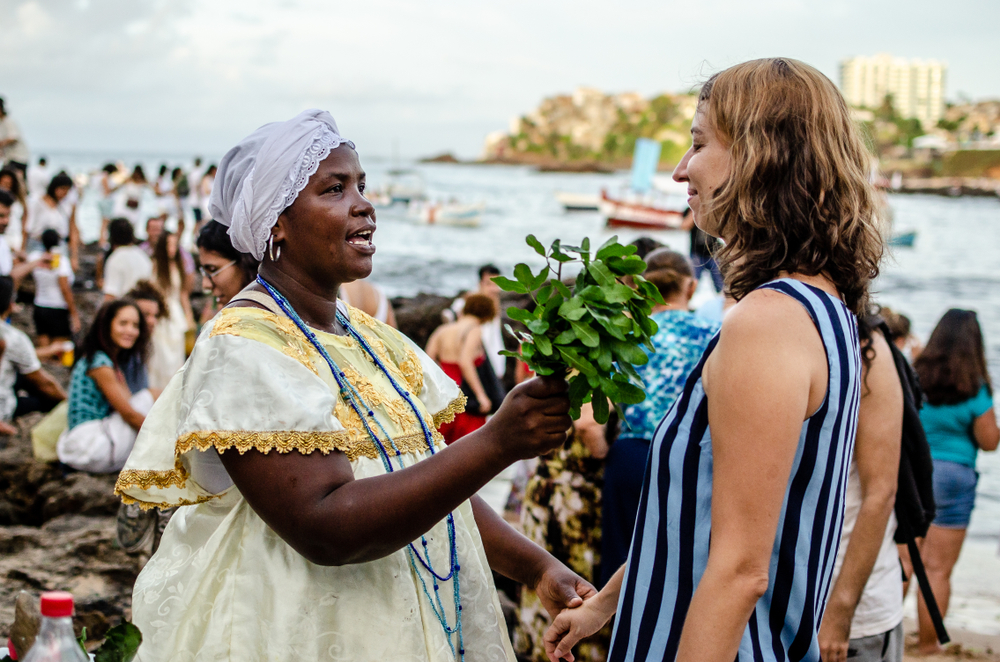The expression “Evangelical drug trafficker” may sound incongruous, but in the Brazilian city of Rio de Janeiro, it’s widespread. “Charismatic Christianity” is on the rise across Brazil. Slightly less than a third of all Brazilians identify as Evangelical, up from 5 percent in the 1960s. The 2020 national census is expected to show significantly more growth.
In Rio, where the Evangelical population increased 30 percent in the first decade of this century, even some of the most notorious drug dealers claim to be spreading the gospel.
Brazil’s evangelical turn
I study violence in Latin America, and I’ve observed a sharp increase in reports of religiously motivated crimes in Rio de Janeiro since 2016, in particular attacks on “terreiros”—which are temples of the Afro-Brazilian faiths Candomblé and Umbanda.
According to Brazil’s Commission to Combat Religious Intolerance, over 100 Afro-Brazilian religious facilities nationwide were attacked by drug trafficking groups in 2019, an increase on previous years. A national emergency hotline created to report such attacks finds that 60 percent of incidents reported between 2011 and 2017 occurred in Rio de Janeiro.
Persecution of these Afro-Brazilian religions, whose adherents are largely poor black Brazilians, has been around since at least the 19th century.
But the current wave of religious bigotry is more personal, and more violent, than in the past. As the Washington Post recently reported, Afro-Brazilian priests are being harassed and murdered for their faith. Candomblé and Umbanda practitioners fear leaving their homes. Terreiros have closed due to death threats.
Rio’s Commission to Combat Religious Intolerance, a group created in 2008 by religious minorities, reported about 200 such incidents in the city between January and September this year—up from 92 in the entirety of 2018.
Evangelicalism on the rise
The increase in religious hate crimes coincides with the growing political and...


 Search
Search






































